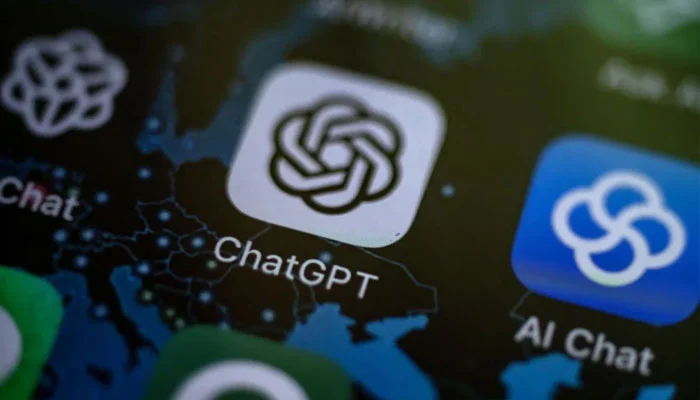Despite initial concerns that the introduction of ChatGPT might lead to increased cheating in high schools, a recent Stanford study reveals that cheating rates among high school students have remained statistically unchanged or even slightly decreased.
The study, conducted through an anonymous survey at 40 US high schools, found that approxi-mately 60% to 70% of students engage in cheating behaviour, a percentage consistent with previous years.
Victor Lee, Stanford’s faculty lead for AI and education, emphasised that while there are isolated cases of AI being used for cheating, the overall evidence suggests a minimal impact on high schoolers. The study also highlighted that only 19% of teens aged 13 to 17 have used ChatGPT for schoolwork, indicating relatively low adoption among this demographic.
Students expressed varying opinions on ChatGPT’s use, with many advocating for its allowance in generating concepts or ideas for assignments but objecting to its use in writing papers.
Reasons cited for student cheating included difficulty grasping subject material, time constraints, and performance pressure. —Agencies









